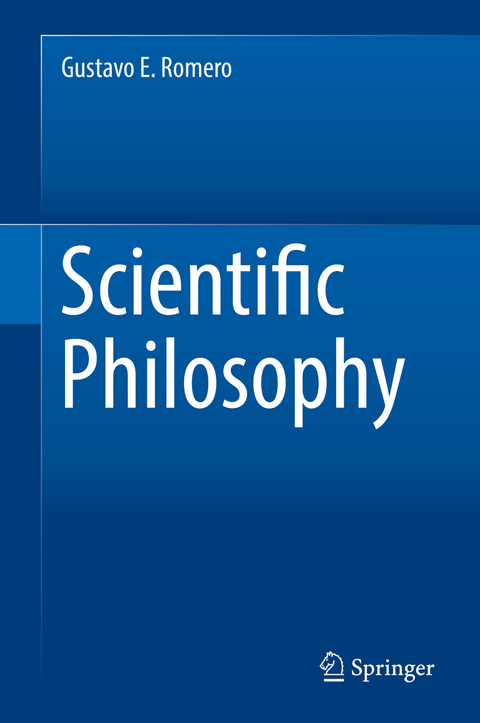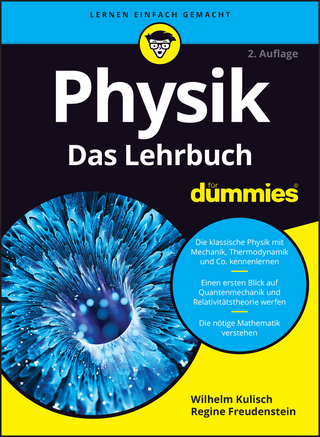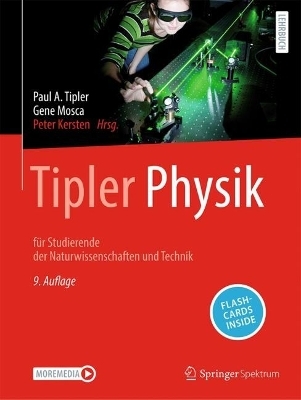
Scientific Philosophy
Springer International Publishing (Verlag)
978-3-319-97630-3 (ISBN)
Prof. Dr. Gustavo E. Romero is GARRA group leader, Superior Researcher CONICET, and Full Professor at the University of La Plata, and a Helmholtz International Fellow. His research focuses on astroparticle physics, cosmic rays, relativistic astrophysics, black holes, and scientific philosophy. He taught the material presented in this book in courses at the University of La Plata (Argentina), the University of San Martín (Argentina), the University of México (UNAM, México), the Karlsruher Institut für Technologie (KIT, Germany), and the University of Barcelona (Spain).
Part I: Basic Scientific Philosophy.- 1 Introduction.- 2 Philosophical Semantics.- 3 Ontology.- 4 Epistemology.- 5 Ethics.- 6 Aesthetics.- Part II: Specific Topics.- 7 Mathematical Fictionalism.- 8 Philosophical Problems of Quantum Mechanics.- 9 Quantum Objects.- 10 Ontological Problems of Spacetime.- Appendices.
| Erscheinungsdatum | 08.10.2018 |
|---|---|
| Zusatzinfo | XIX, 188 p. 8 illus. |
| Verlagsort | Cham |
| Sprache | englisch |
| Maße | 155 x 235 mm |
| Gewicht | 479 g |
| Themenwelt | Naturwissenschaften ► Physik / Astronomie ► Allgemeines / Lexika |
| Schlagworte | Epistemology • Ethics of science • Formal ontology • Foundations of mathematics • Ontology of Spacetime • quantum mechanics • research ethics • Semantical analysis |
| ISBN-10 | 3-319-97630-3 / 3319976303 |
| ISBN-13 | 978-3-319-97630-3 / 9783319976303 |
| Zustand | Neuware |
| Haben Sie eine Frage zum Produkt? |
aus dem Bereich


